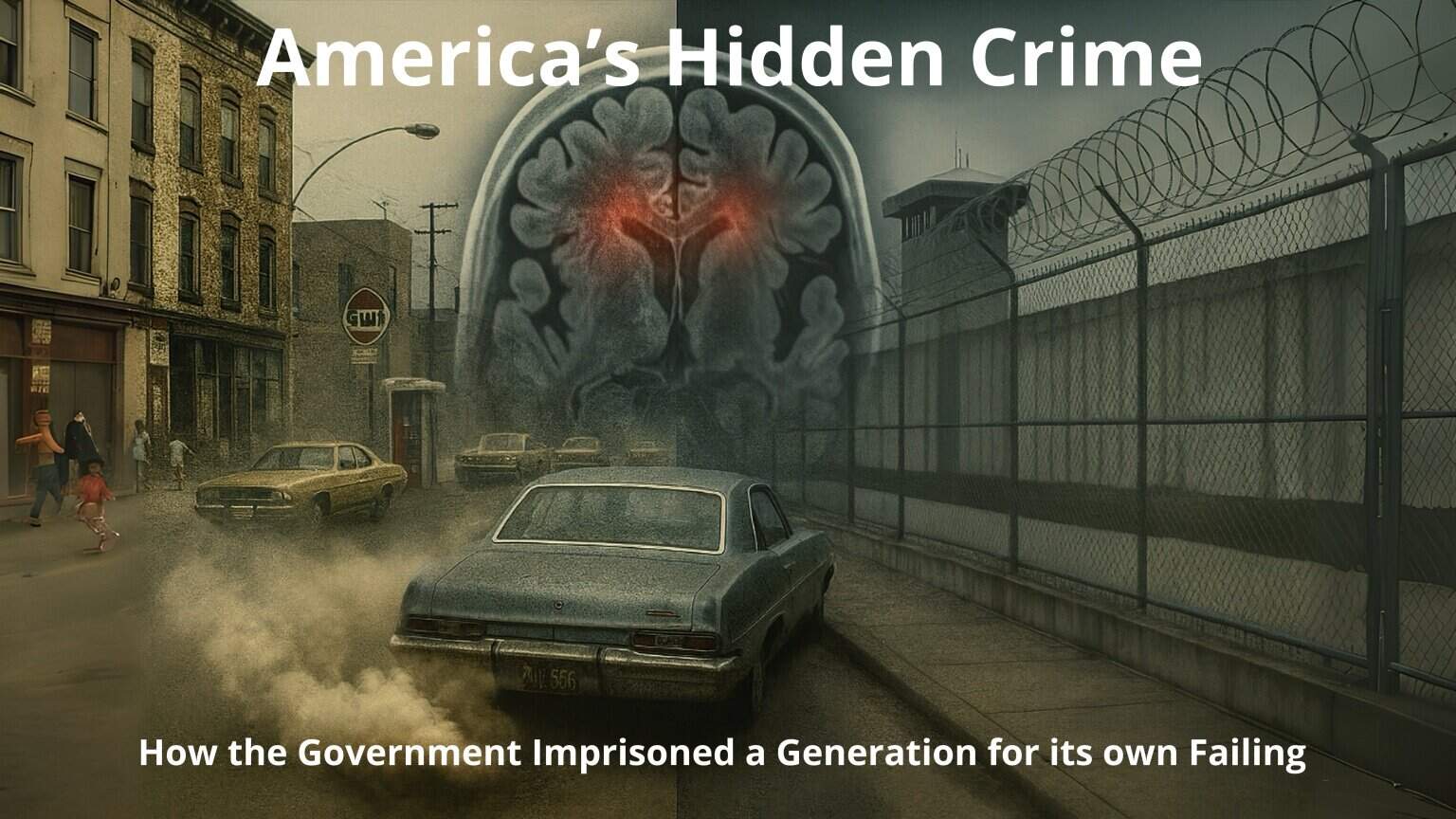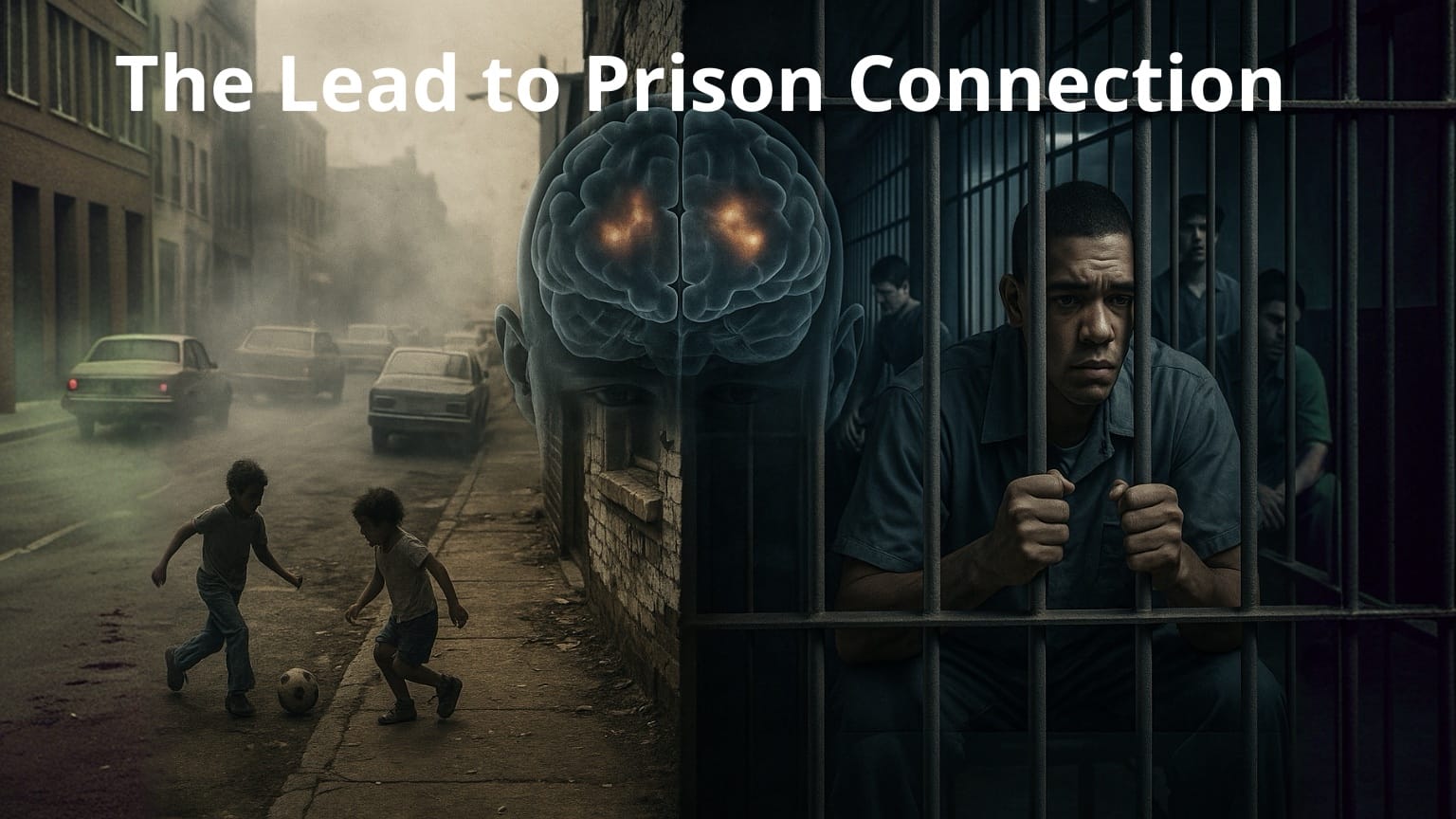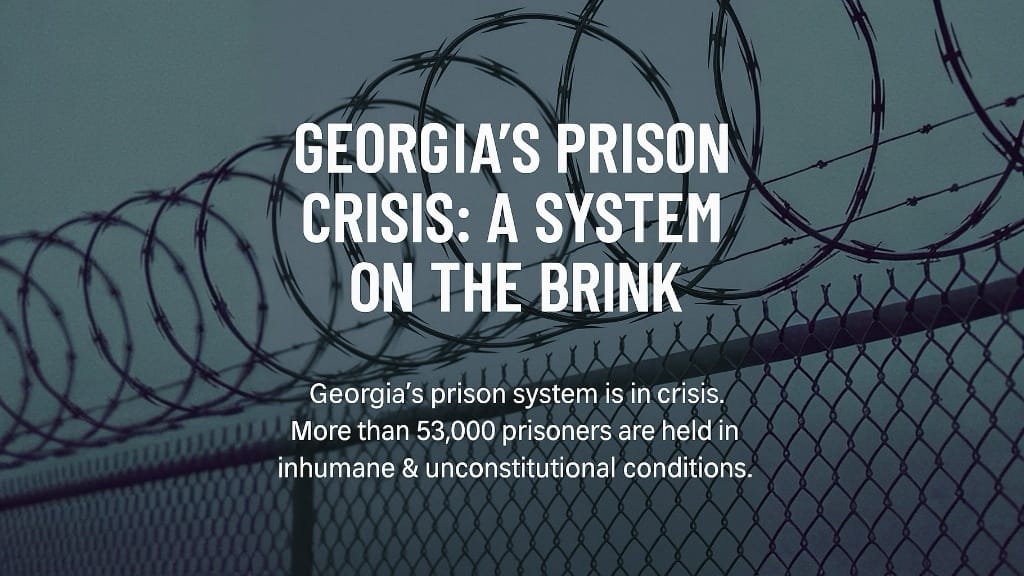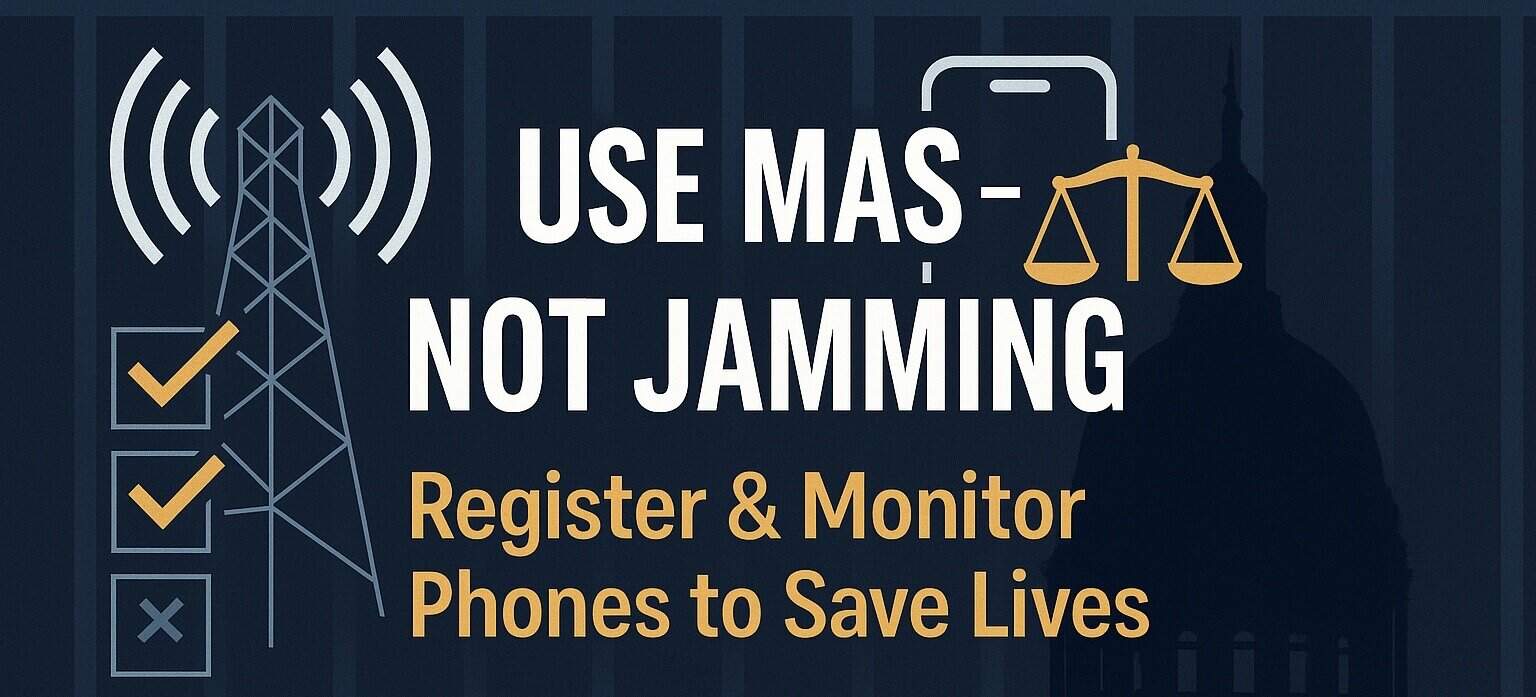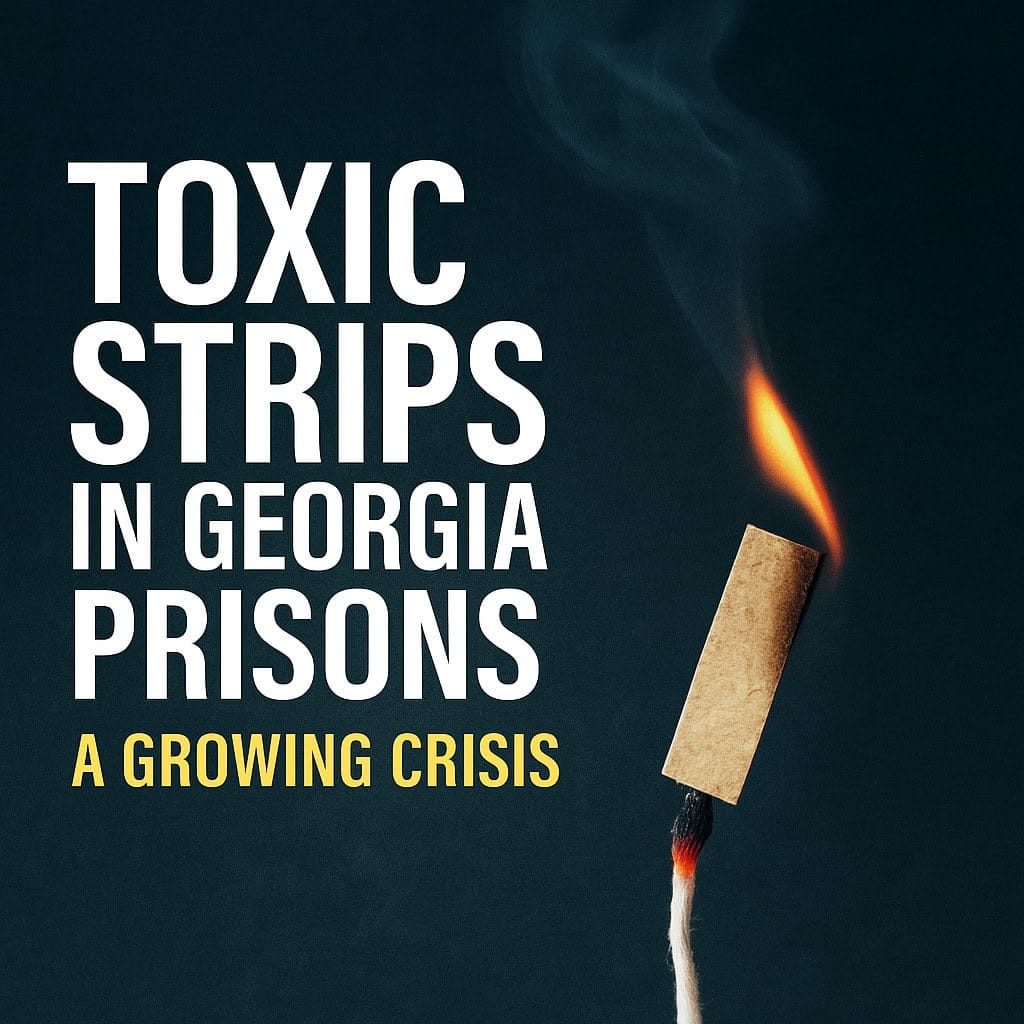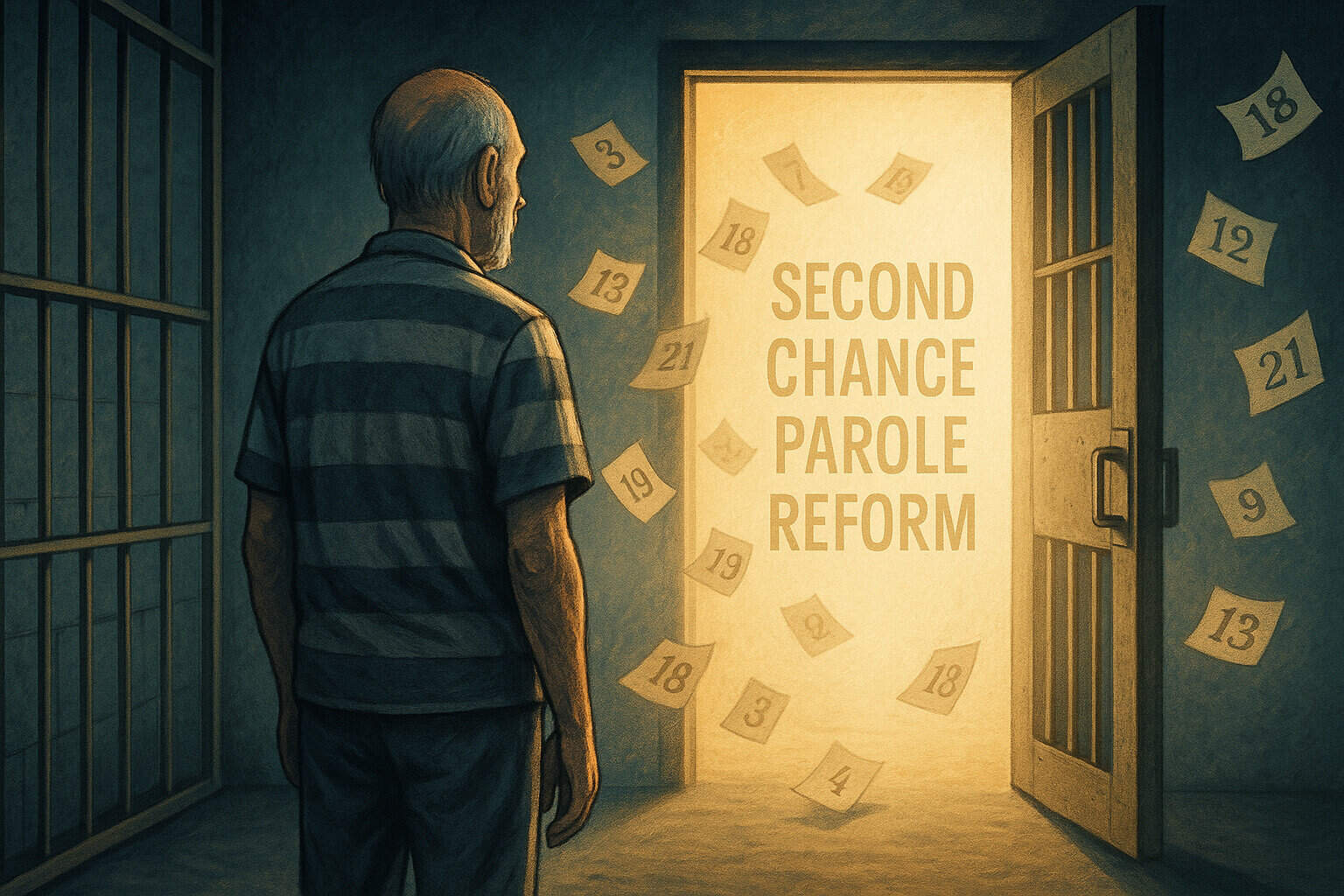America’s Hidden Crime: How the Government Poisoned a Generation, Then Imprisoned Them for It
INVESTIGATIVE REPORT
They called them “superpredators.” Remorseless. Without conscience. Politicians predicted 30,000 new teenage killers by 2000 and passed laws imprisoning millions.
They were catastrophically wrong. Crime collapsed instead.
But there’s a darker truth: The “crime epidemic” was caused by something the government knowingly allowed for 70 years—lead poisoning from gasoline.
Between 1923-1996, 8 million tons of lead were pumped into the environment, systematically poisoning children’s developing brains. By 1980, 88% of American children had neurotoxic lead levels.
Twenty years later, those brain-damaged children became the “crime wave.”
Instead of addressing the environmental poisoning, the government:
• Blamed “moral poverty”
• Imprisoned 2.2 million people
• Spent $40+ billion on corrections
• Targeted Black communities disproportionately affected by lead exposure
Our investigation reveals:
✓ 9 countries show identical lead-crime patterns
✓ Brain scans prove lead causes exact damage linked to violent behavior
✓ Academic studies show “tough on crime” policies made things WORSE
✓ Crime declined because we stopped poisoning kids—not because of mass incarceration
This is the story of America’s greatest environmental crime—and the catastrophic misdiagnosis that followed.
Read the full investigation
